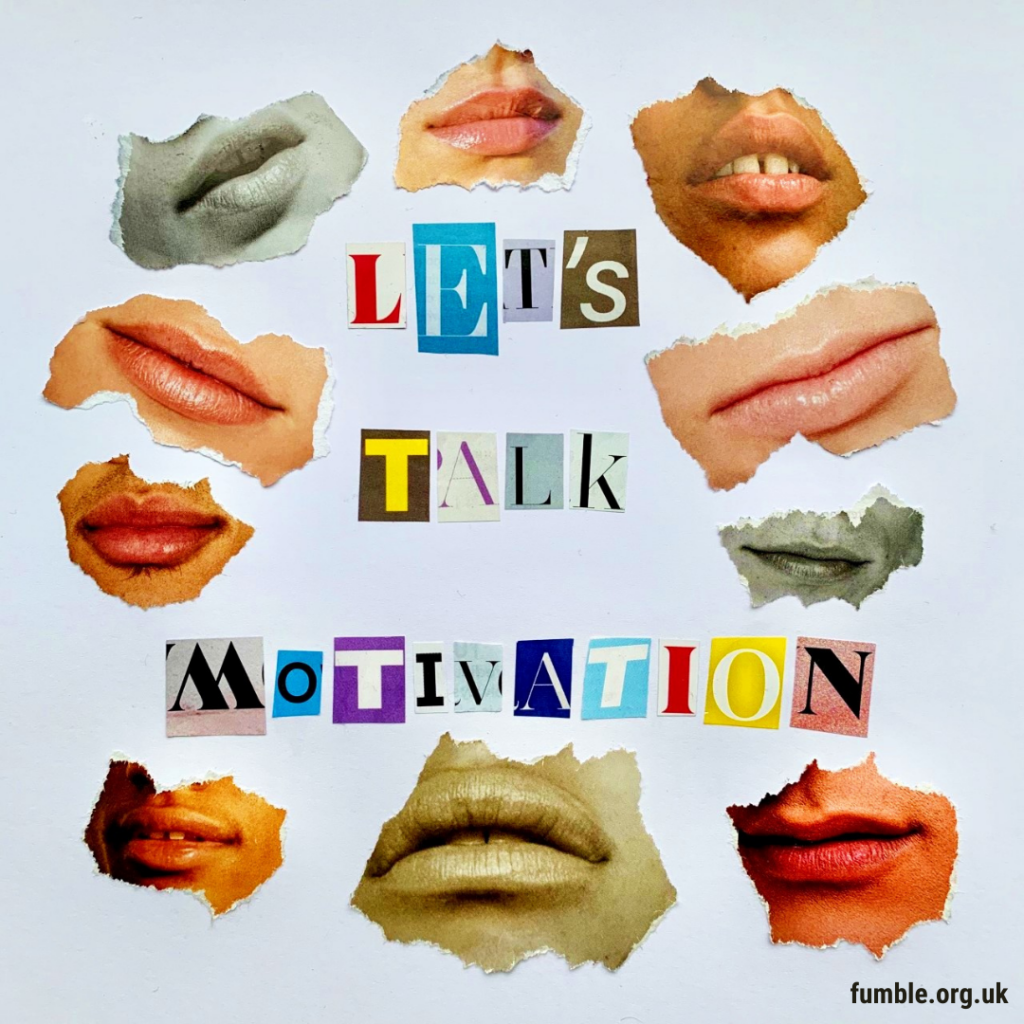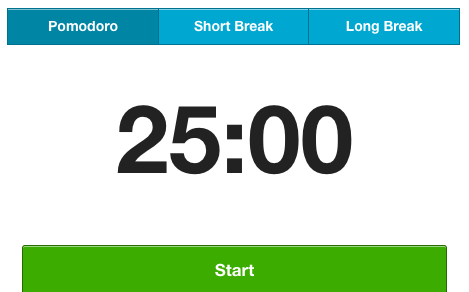Struggling with motivation in the pandemic? Here’s how to keep going
You’re not alone, and we’ve got some top tips to help
This content was originally part of our Pandemic support series: to address the chaos and uncertainty of the COVID-19 pandemic, and to support young people with navigating this difficult time.
Although many of us may feel we’re now in a post-pandemic era, this content will still be relevant to lots of people. There are still many people who rely on communicating, building relationships and accessing support online, whether they continue to shield from COVID-19, have long Covid, or have any other chronic illness that means they have to limit in-person social contact. There are still lots of reasons why we may need some extra support right now, and no one should feel excluded from society or unable to access the support they need.
If you’re finding that your motivation to do anything has disappeared in the pandemic, it might help to know that you’re not alone. A lack of motivation is one of the top things young people have been struggling with: 81% of the people we surveyed said it’s one of the main issues they’re facing.
It’s absolutely okay to be lacking in motivation. Life is hard right now, and recognising and accepting that is the first step to helping you get your mojo back. Motivation comes and goes for everyone, and so it’s only natural that this is even more likely to happen when living through a particularly tricky time.
We’ve rounded up our favourite ways to get some motivation back in your life.

Keep it simple
Try to just think of the next immediate step you need to take, don’t get overwhelmed by longer term goals or all the many things you could be doing. Just think about the next simple thing you need to do, and do that.
Do one thing at a time
Linked to the above, take it one step at a time. Trying to think about everything at once, or even two or three things, can feel really overwhelming and impossible. Just focus on one thing at a time.
Plan your day
If you have things you’re putting off, like homework or coursework, schedule these in a plan for your day. Make sure you put the tricky things at times when you are most likely to succeed, for example if you know you work better in the morning. Plan in time to do this, followed by dedicated time doing things you like.
Minimise distractions
Turn your phone off. And try not to start or end your day reading stressful news or social media content online.
Use visual reminders
Good old-fashioned post-it notes can be a great little nudge to keep you on track. Stick them by where you do your work or studying, or on the fridge, or even by the loo – wherever works for you.
Use a timer
Apps like Tomato Timer can be really helpful when you need to push through a task and really have no motivation – they give you an artificial deadline that can focus your mind. How does it work? 25 mins is considered the longest we can concentrate fully on a task, and experts recommend following that burst of activity with a 5 minute break. Then continue that cycle: 25 minutes concentration, 5 minutes break.
Be kind to yourself
Remember to treat yourself with kindness. Try to acknowledge any successes, no matter how small, and remind yourself regularly that it’s amazing to get anything done in a global pandemic. There’s so much going on and it’s a very unsettling time, so don’t be hard on yourself. You’re doing your best. If motivation just isn’t there right now, that’s okay. Take a break and be kind to yourself.
Reward yourself when you do well
Take time to reinforce healthy behaviour choices. If you like gaming, make sure you also get yourself a nice drink or maybe some chocolate to go with it. Make it the time in the day you look forward to, then you can enjoy it as a reward for your hard work. Remember, you can make the rules, so maybe start the day with doing something you love and then crack on with the harder bits you’ve been avoiding.
Have an accountability partner
Ask a friend to help you stay on track, and you can help them too. Check in with each other regularly to see how you’re getting on, and give each other support and encouragement.
Keep a gratitude journal
It doesn’t have to be a big task each day, just make time to think of three things you are grateful for and jot these down in a notebook or on your phone. You’ll be surprised how many you can think of and they will naturally put a smile on your face as you realise there are little things to be happy about. Reading back over previous days is also a nice way to give yourself a quick boost.
Get some support
You don’t have to try and get through this time alone. If you’ve got family or friends you can talk to, tell them how you are feeling and let them listen. Often just being able to share with others can be a really helpful way of working through the feelings. They may offer some great ideas, or just be a support for you.
Alternatively, there are some great resources online and we’ve included a few links below to help you find some advice that works for you:
- Mental Health Foundation: for more tips on motivation
- YoungMinds: for coronavirus and mental health support
- Youth Access: find local counselling for young people aged 12-25
- The Mix: get support via 1-to1 webchat, email or counselling

Discover Fumble’s pandemic support series
The pandemic has had a huge impact on all of our lives, and we’ve all struggled to adapt to the changes that continue to happen all around us.
Our pandemic support series explores young people’s experiences of COVID-19, and helps you start to make sense of the chaotic and uncertain time we’re living in. Discover the full series here.
Other support
If you need more support right now, here are some of our favourite places to start.
- 6 Places To Find Mental Health Support In The Pandemic
- LGBTQ+ counselling services
- Youth Access, to find local counselling for young people aged 12-25
- The Mix, get support via 1-to1 webchat, email or counselling
- Mind
- NHS latest Coronavirus advice
- The government’s latest Coronavirus guidelines
- YoungMinds pandemic support
Read more
Last reviewed 22 August 2022
Image Credit: Zen Chung via Pexels









